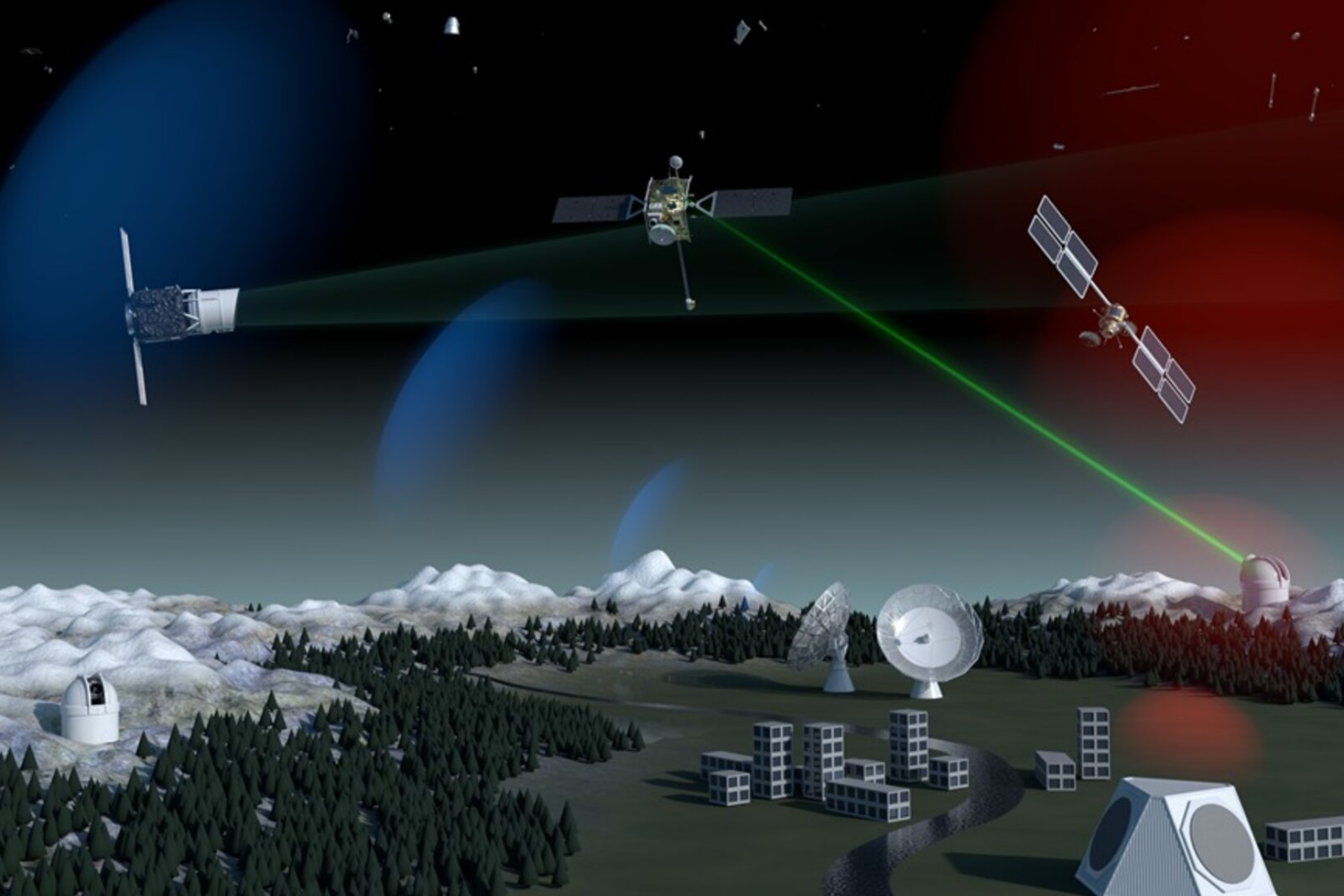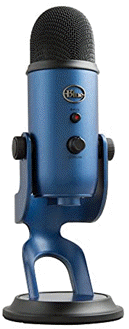Department of Aeronautics and Astronautics | Media Lab
2025-05-14 17:30:00
news.mit.edu

At this moment, there are approximately 35,000 tracked human-generated objects in orbit around Earth. Of these, only about one-third are active payloads: science and communications satellites, research experiments, and other beneficial technology deployments. The rest are categorized as debris — defunct satellites, spent rocket bodies, and the detritus of hundreds of collisions, explosions, planned launch vehicle separations, and other “fragmentation events” that have occurred throughout humanity’s 67 years of space launches.
The problem of space debris is well documented, and only set to grow in the near term as launch rates increase and fragmentation events escalate accordingly. The clutter of debris — which includes an estimated 1 million objects over 1 centimeter, in addition to the tracked objects — regularly causes damage to satellites, requires the repositioning of the International Space Station, and has the potential to cause catastrophic collisions with increasing frequency.
To address this issue, in 2019 the World Economic Forum selected a team co-led by MIT Associate Professor Danielle Wood’s Space Enabled Research Group at the MIT Media Lab to create a system for scoring space mission operators on their launch and de-orbit plans, collision-avoidance measures, debris generation, and data sharing, among other factors that would allow for better coordination and maintenance of space objects. The team has developed a system called the Space Sustainability Rating (SSR), and launched it in 2021 as an independent nonprofit.
“Satellites provide valuable services that impact everyone in the world by helping us understand the environment, communicate globally, navigate, and operate our modern infrastructure. As innovative new missions are proposed that operate thousands of satellites, a new approach is needed to provide space traffic management. National governments and space operators need to design coordination approaches to reduce the risk of losing access to valuable satellite missions,” says Wood, who is jointly appointed in the Program in Media Arts and Sciences and the Department of Aeronautics and Astronautics (AeroAstro). “The Space Sustainability Rating plays a role by compiling internationally recognized responsible on-orbit behaviors, and celebrating space actors that implement them.”
France-based Eutelsat Group, a geostationary Earth orbit and low Earth orbit satellite operator, signed on as the first constellation operator with a large deployment of satellites to undergo a rating. Eutelsat submitted a mission to SSR for assessment, and was rated on a tiered scoring system based on six performance modules. Eutelsat earned a platinum rating with a score exceeding 80 percent, indicating that the mission demonstrated exceptional sustainability in design, operations, and disposal practices.
As of December 2024, SSR has also provided ratings to operators such as OHB Sweden AB, Stellar, and TU Delft.
In a new open-access paper published in Acta Astronautica, lead author Minoo Rathnasabapathy, Wood, and the SSR team provide the detailed history, motivation, and design of the Space Sustainability Rating as an incentive system that provides a score for space operators based on their effort to reduce space debris and collision risk. The researchers include AeroAstro alumnus Miles Lifson SM ’20, PhD ’24; University of Texas at Austin professor and former MIT MLK Scholar Moriba Jah; and collaborators from the European Space Agency, BryceTech, and the Swiss Institute of Technology of Lausanne Space Center (eSpace).
The paper provides transparency about the inception of SSR as a cross-organizational collaboration and its development as a composite indicator that evaluates missions across multiple quantifiable factors. The aim of SSR is to provide actionable feedback and a score recognizing operators’ contributions to the space sustainability effort. The paper also addresses the challenges SSR faces in adoption and implementation, and its alignment with various international space debris mitigation guidelines.
SSR draws heavily on proven rating methodologies from other industries, particularly Leadership in Energy and Environmental Design (LEED) in the building and manufacturing industries, Sustainability Assessment of Food and Agriculture systems (SAFA) in the agriculture industry, and Sustainability Tracking, Assessment and Rating System (STARS) in the education industry.
“By grounding SSR in quantifiable metrics and testing it across diverse mission profiles, we created a rating system that recognizes sustainable decisions and operations by satellite operators, aligned with international guidelines and industry best practices,” says Rathnasabapathy.
The Space Sustainability Rating is a nongovernmental approach to encourage space mission operators to take responsible actions to reduce space debris and collision risk. The paper highlights the roles for private sector space operators and public sector space regulators to put steps in place to ensure such responsible actions are pursued.
The Space Enabled Research Group continues to perform academic research that illustrates the benefits of space missions and government oversight bodies enforcing sustainable and safe space practices. Future work will highlight the need for a sustainability focus as practices such as satellite service and in-space manufacturing start to become more common.
Upgrade your audio game with the Logitech for Creators Blue Yeti USB Microphone. With over 33,730 ratings and an impressive 4.6 out of 5 stars, it’s no wonder this is an Amazon’s Choice product. Recently, 5K+ units were purchased in the past month.
Available in five stunning colors: Teal, Silver, Pink Dawn, Midnight Blue, and Blackout, this microphone is perfect for creators looking to produce exceptional audio. Priced at only $84.99, it’s a deal you can’t afford to miss.
Elevate your recordings with clear broadcast-quality sound and explore your creativity with enhanced effects, advanced modulation, and HD audio samples. Order now for just $84.99 on Amazon!
Help Power Techcratic’s Future – Scan To Support
If Techcratic’s content and insights have helped you, consider giving back by supporting the platform with crypto. Every contribution makes a difference, whether it’s for high-quality content, server maintenance, or future updates. Techcratic is constantly evolving, and your support helps drive that progress.
As a solo operator who wears all the hats, creating content, managing the tech, and running the site, your support allows me to stay focused on delivering valuable resources. Your support keeps everything running smoothly and enables me to continue creating the content you love. I’m deeply grateful for your support, it truly means the world to me! Thank you!
|
BITCOIN
bc1qlszw7elx2qahjwvaryh0tkgg8y68enw30gpvge Scan the QR code with your crypto wallet app |
|
DOGECOIN
D64GwvvYQxFXYyan3oQCrmWfidf6T3JpBA Scan the QR code with your crypto wallet app |
|
ETHEREUM
0xe9BC980DF3d985730dA827996B43E4A62CCBAA7a Scan the QR code with your crypto wallet app |
Please read the Privacy and Security Disclaimer on how Techcratic handles your support.
Disclaimer: As an Amazon Associate, Techcratic may earn from qualifying purchases.













































![TouchDesigner tutorial[RealseseCamera][Particle][InteractiveArt]](https://techcratic.com/wp-content/uploads/2025/09/1757169488_maxresdefault-360x180.jpg)



























































